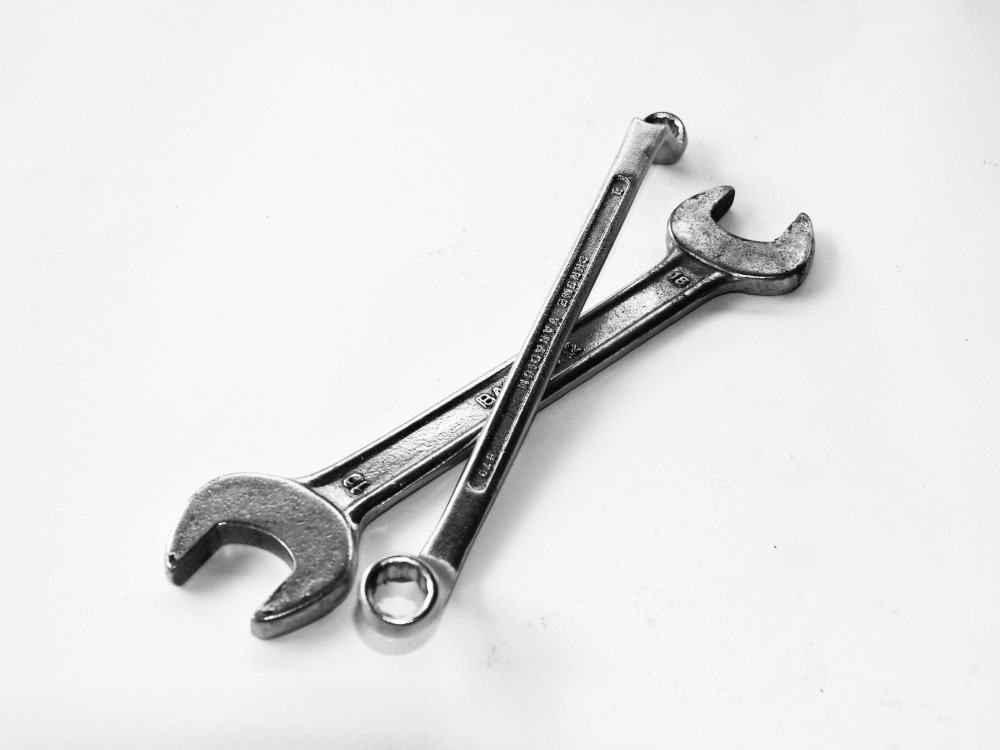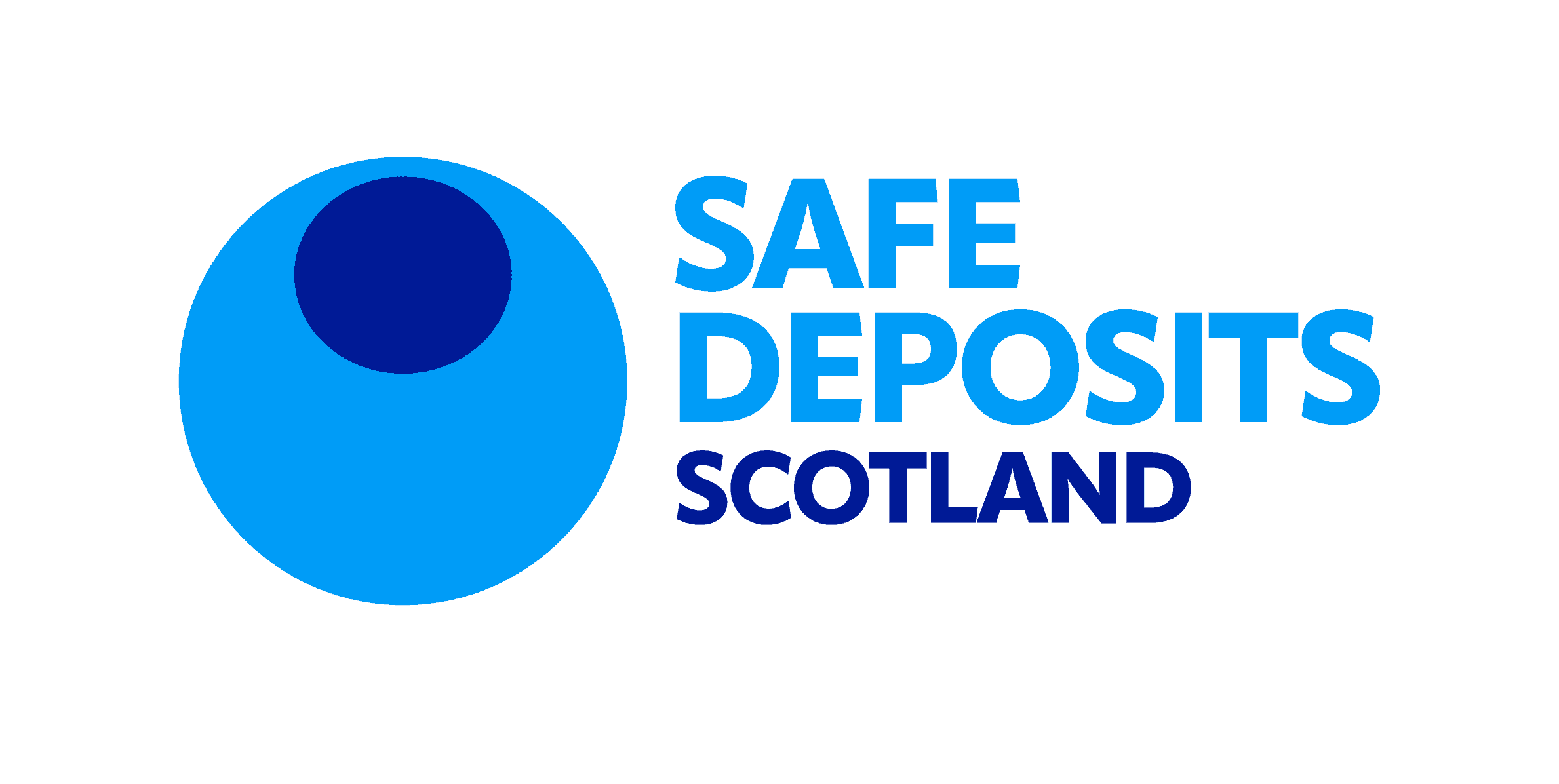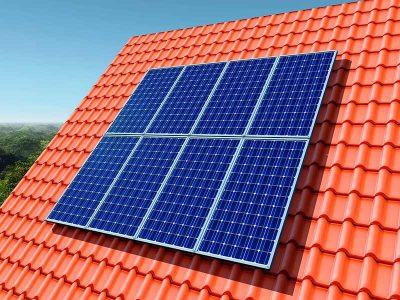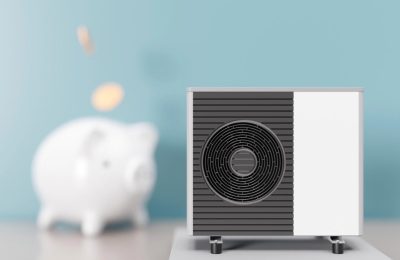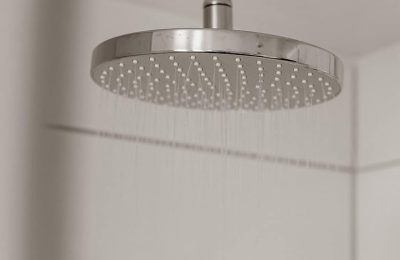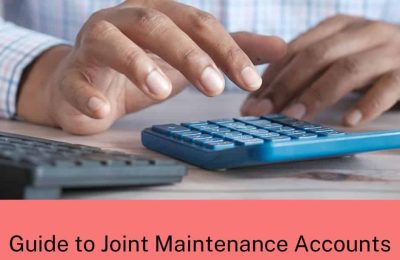On the 1st of March 2024, the government introduced several new measures to the Repairing Standard in Scotland, which landlords legally must comply with throughout the duration of a tenancy. Private rented homes are legally required to follow these standards of repair and so landlords and letting agents will need to ensure that their property adheres to the newly updated standards.
Common spaces
The standards include safe access and usage of any common parts that pertain to the property. This includes any common closes, common stairways and shared gardens to name just a few areas. All residents of any property that includes common parts, such as a tenement flat, should be able to safely access and make use of these areas. Any common doors should also be secure, as well as being fitted with satisfactory emergency exit locks and a secure entry system. Common doors should be free from obstruction for the safety of residents in the instance of an emergency.
The kitchen
The property should have satisfactory provision for and safe access to spaces for food storage and food preparation. This is to prevent accidents in the kitchen which could put any individuals in the property at risk. Storage such as drawers should be present for room temperature food, as well as a suitable power source for a fridge and freezer – though landlords are not actually required to provide these appliances themselves. With regards to food preparation there should be a sink in the kitchen that the tenant can use for washing their hands and food products, as well as space for an oven. Additionally, there should be adequate space for appliances such as kettles and toasters, along with electrical supply access.
When lead in pipes corrodes it can find its way into drinking water from the tap, and this can have numerous implications when it comes to health, including long term problems. Therefore the new Repairing Standards guidelines state that properties must be completely free of any lead pipes. Where this cannot be confirmed, water quality checks may be carried out.
Heat, fuel, and electricity
Enhanced electrical safety is a crucial new addition to the repairing standard, with electrical installations now requiring protection by a residual current device (RCD). The necessity of the installation of RCDs has been stressed to landlords, as the devices can cut off electrical supply when dangerous faults such as fire or electrocution risks are detected. Installation of any fuels other than gas or electricity – oil or hard fuels such as wood, for example – must be in a reasonable state of repair and in proper working order. The final change relates to fixed space heating, which properties are required to have. There should be a plumbed or hard-wired permanent installation which can maintain a temperature of 21⁰C in at least one room and 18⁰C elsewhere, when the outside temperature is -1⁰C. Plug-in or portable heaters are not a suitable alternative, unless only for temporary usage when repairs are being carried out.
Disputes regarding the Repairing Standard
If parties to a tenancy find themselves disagreeing over whether Repairing Standards have been met, information and advice is available from a variety of sources. Furthermore, SDS Resolve – a free mid-tenancy conciliation and mediation service provided by tenancy deposit scheme SafeDeposits Scotland – counts property standards and repairs among the disputes it can deal with.
